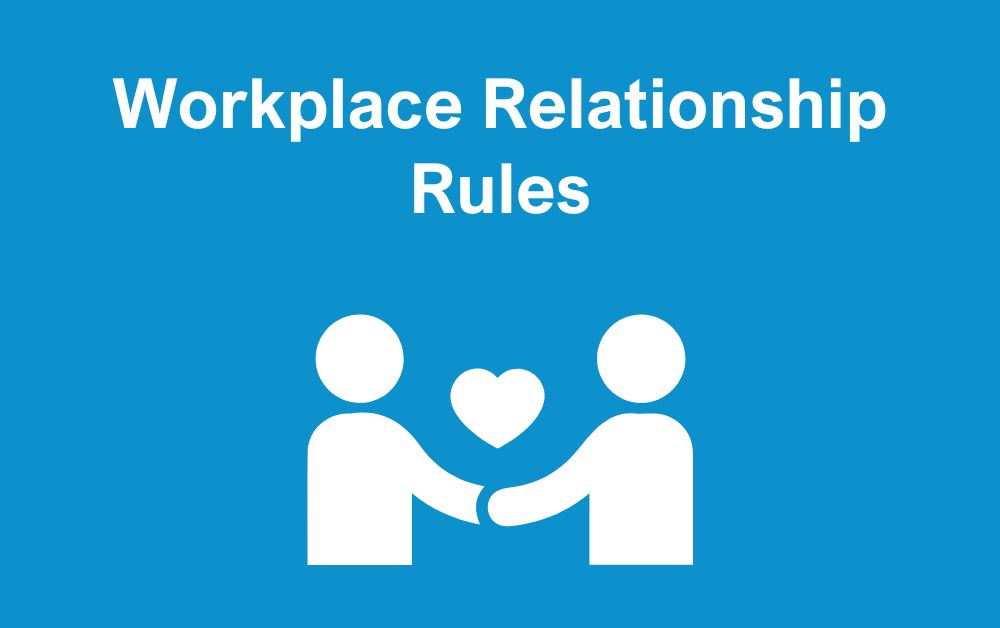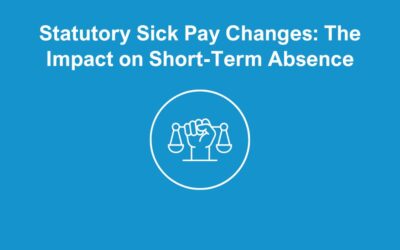Building relationships in the workplace is as inevitable as Cupid’s arrow finding its mark. As we celebrate Valentine’s Day, a time dedicated to love and connections, it’s essential to reflect on how we navigate relationships in our professional lives. Whether it’s collaborating on projects, seeking advice from colleagues, or sharing a coffee break, human connections form the heart of any successful workplace. However, just like in matters of the heart, establishing clear boundaries and rules is crucial to maintaining a harmonious and respectful environment.
Why Establish Rules?
- Maintain Professionalism: Clear boundaries help to maintain a professional environment, ensuring that personal relationships do not interfere with work responsibilities or create conflicts of interest.
- Prevent Conflicts: Without established guidelines, misunderstandings and conflicts can arise, potentially damaging both work relationships and productivity.
- Promote Inclusivity: Establishing rules ensures that workplace relationships are respectful and inclusive, fostering a culture where all employees feel valued and comfortable.
Key Rules to Consider:
- Disclosure: Employees should disclose any personal relationships with colleagues to HR or their supervisor to avoid conflicts of interest. This includes romantic relationships, or familial connections.
- Professional Conduct: Maintain professionalism at all times, whether interacting with colleagues in person, via email, or on social media. Avoid inappropriate language, behaviour, or gestures that could be perceived as offensive and/or unprofessional.
- Confidentiality: Respect the confidentiality of sensitive information shared within the workplace. Refrain from gossiping or disclosing confidential details about colleagues or company matters.
- Avoiding Favouritism: Ensure that personal relationships do not influence decisions related to promotions, project assignments, or performance evaluations. Managers should remain impartial and treat all employees fairly.
- Managing Conflicts: Address conflicts or disagreements in a constructive manner, focusing on finding solutions rather than placing blame. Seek assistance from HR or e mediator if necessary to resolve disputes impartially.
Navigating Workplace Relationships
While workplace romances are not uncommon, they require special consideration to avoid potential complications. Some additional guidelines for navigating romantic relationships in the workplace include:
- Disclosure: Be transparent about any romantic relationships with HR or management to address any potential conflicts of interest.
- Professionalism: Maintain professionalism at all times, refraining from public displays of affection or behaviour that could make colleagues uncomfortable.
- Conflict Resolution: Establish guidelines for managing conflicts that may arise from romantic relationships, such as agreeing on how to handle disagreements in the workplace.
- Avoiding Discrimination: Ensure that romantic relationships do not lead to discrimination or favouritism towards the involved parties, either positively or negatively.
As we celebrate Valentine’s Day, let us not forget the importance of establishing clear rules for workplace relationships. By promoting professionalism, respecting boundaries, and addressing conflicts constructively, organisations can create a culture where employees feel valued, respected, and supported in both of their professional and personal lives. Effective communication and mutual respect are the keys to fostering healthy workplace relationships that benefit everyone.
By adhering to these guidelines, employees can build strong professional connections whilst avoiding the potential pitfalls that may arise from blurred boundaries or misunderstandings. With a clear understanding of the rules, everyone can contribute to a harmonious workplace where collaboration thrives, and relationships flourish, making every day feel like Valentine’s Day in the office.







